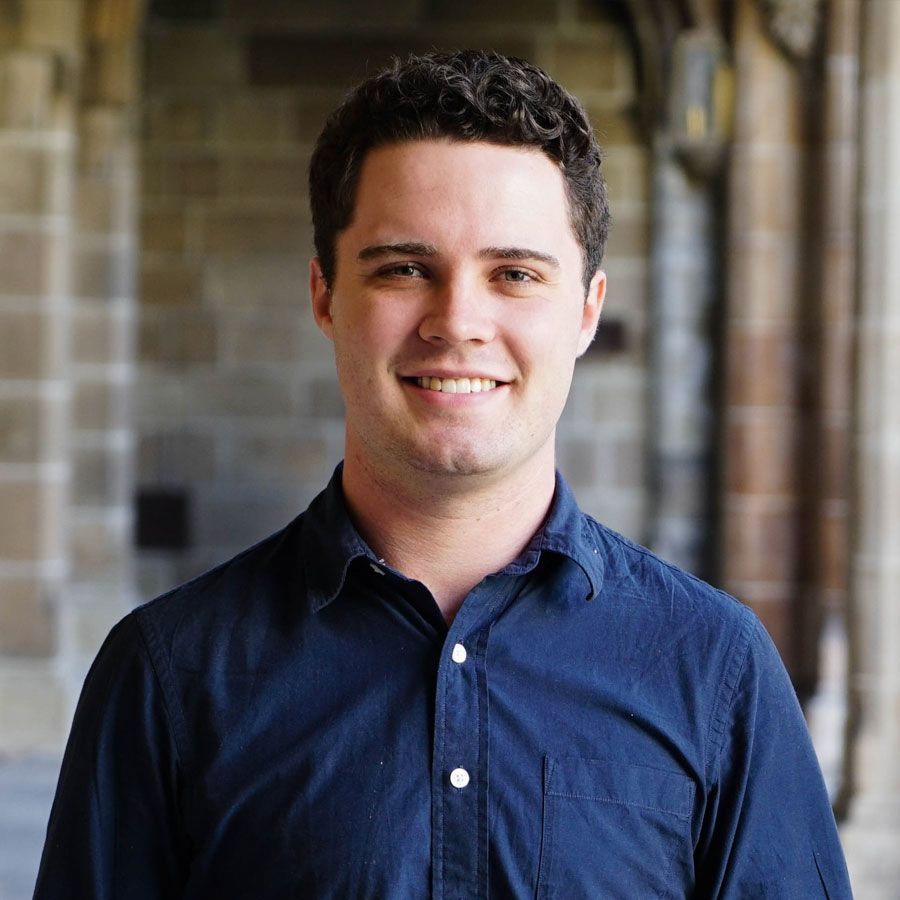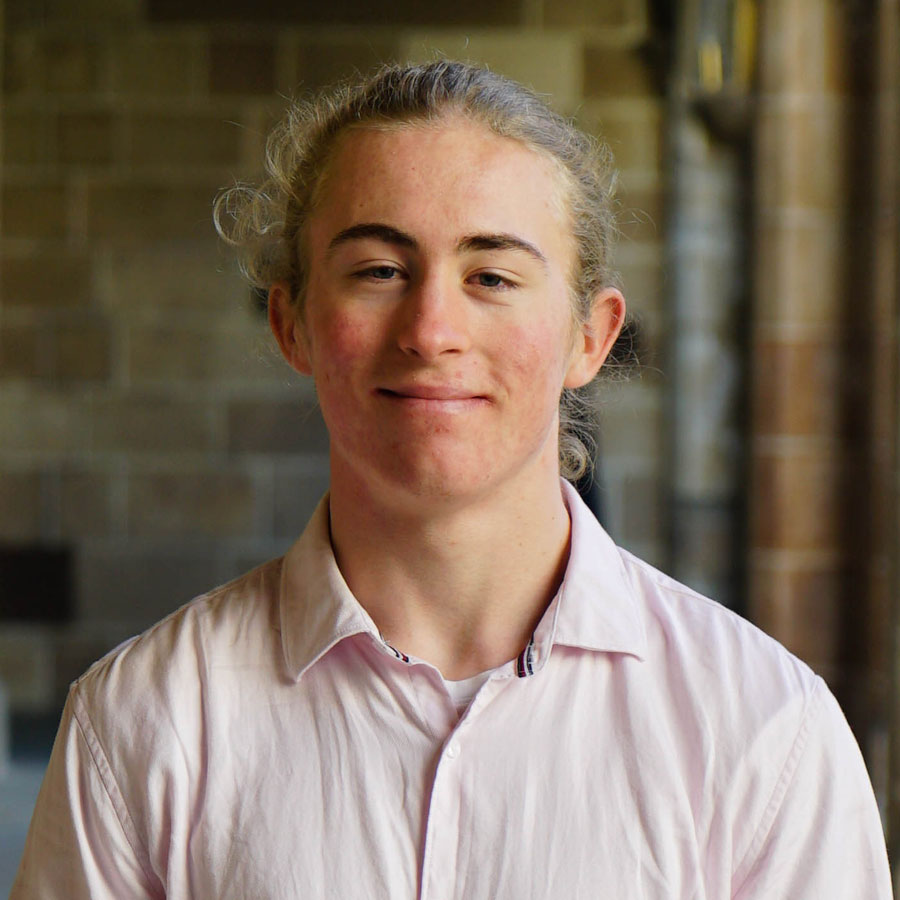A Helping Hand
Moving to the big smoke was a long-held dream for Lachlan Hinds, a second-year Bachelor of Arts student who grew up in George Town, a small, working-class community at the mouth of the Tamar River in northern Tasmania.

“I was the only person from my school there to go to a mainland university,” Lachlan says. “It has beautiful scenery and it was an amazing place to grow up, but there are a lot of issues in terms of educational attainment.
I wanted something different, and I always knew that I wanted to move to Melbourne.
In 2018, Lachlan’s hard work and perseverance finally led him to the University, where he’s now involved in the Arts Students Society and the Aspiring Scholars Program, and considering a career in law.
He is also a recipient of the Alexander and Bridget Jones Memorial Scholarship, named for siblings and University of Melbourne students Alexander, 19, and Bridget Jones, 18, who died tragically in 2013. They were widely mourned – by the University, and the community more generally.
Each year, the scholarship, funded by the University and the Bendigo and Adelaide Bank, supports up to eight students from rural and regional areas as a means of providing opportunities for students and staff from educationally, financially or socially disadvantaged backgrounds.
“I grew up in a single-parent household – a very working-class family – and we couldn’t afford a lot,” says Lachlan. “The scholarship has made all the difference in terms of making the move more of a reality.”
The scholarship provides a total of up to $15,000 over three years for each student to complete their undergraduate degree.
 Jesse Simpson, another recipient, hopes one day to work aboard a humanitarian surgery ship
Jesse Simpson, another recipient, hopes one day to work aboard a humanitarian surgery ship
Another recipient is second-year Biomedicine student Jesse Simpson, an aspiring surgeon who hopes one day to work pro bono in rural Australia or aboard a humanitarian surgery ship. The scholarship has helped pay for his laptop and daily train commute from a semi-rural town to attend University.
“The reduced financial stress allows me to spend less time thinking about money and more time working on my education,” he says. “It’s heart-warming to know that the University values its connections to its students.”
I feel humbled to have received something that obviously means such a lot to a lot of people. It means so much to me, too.